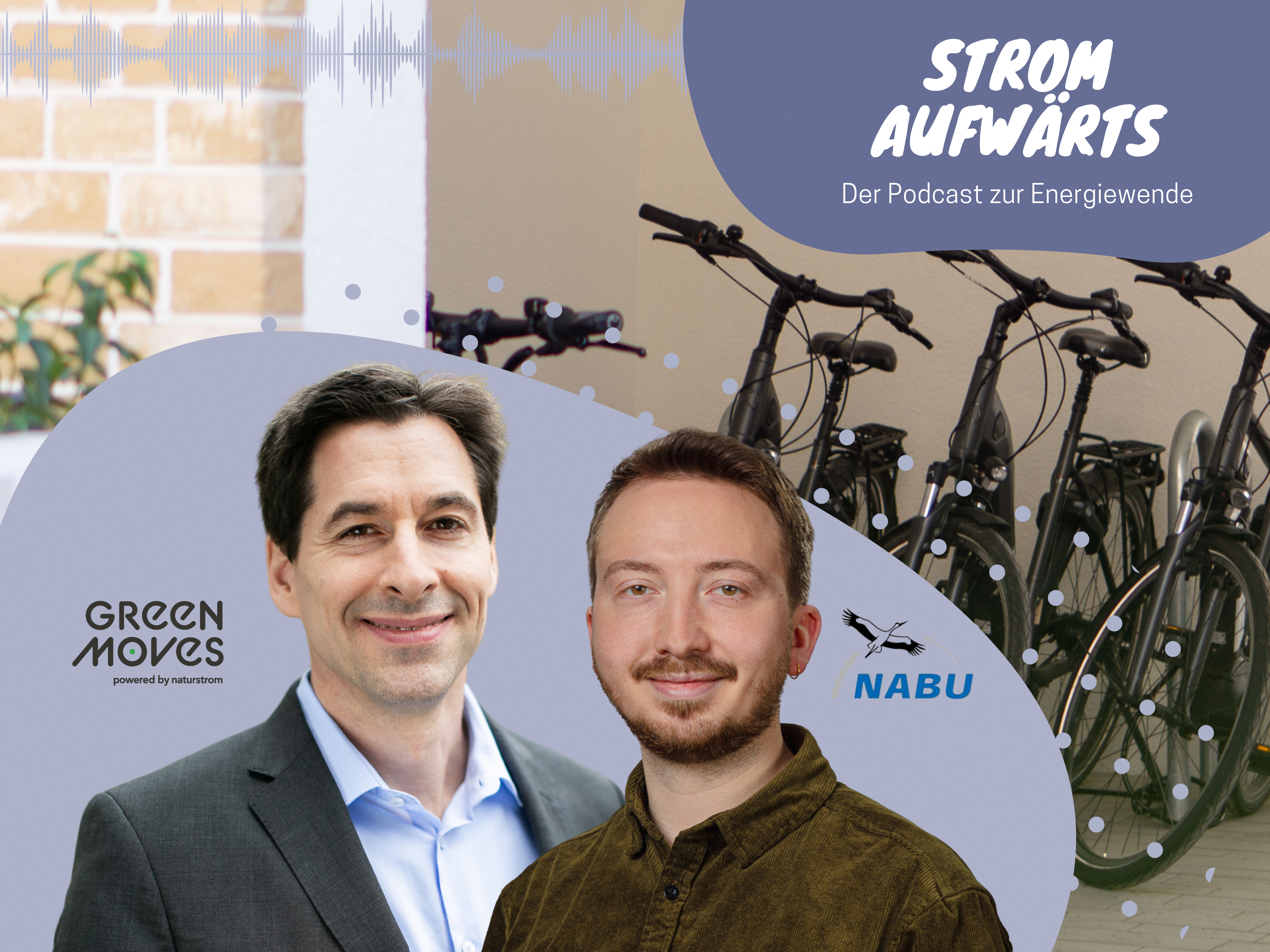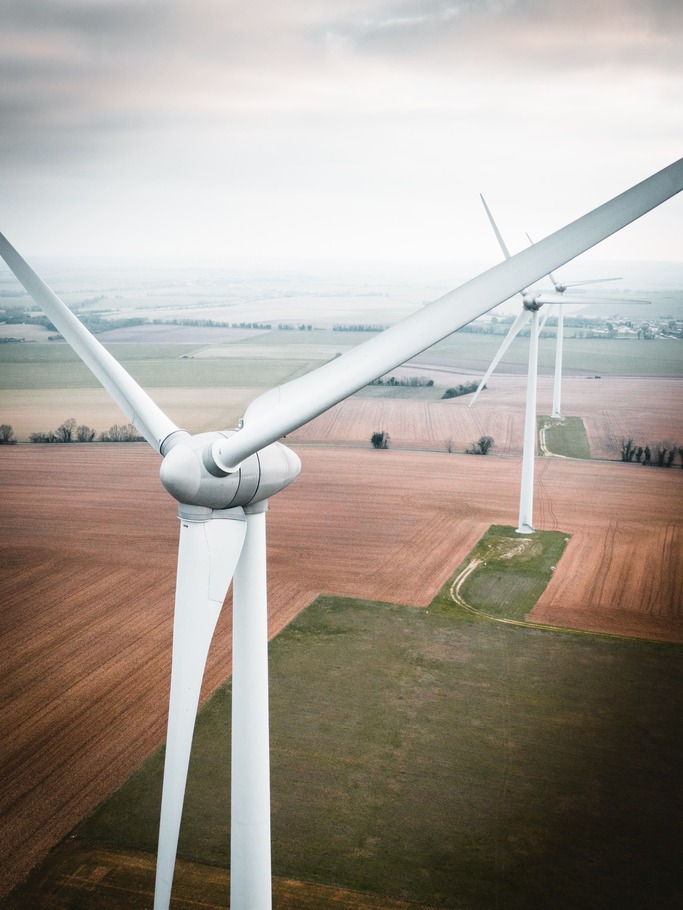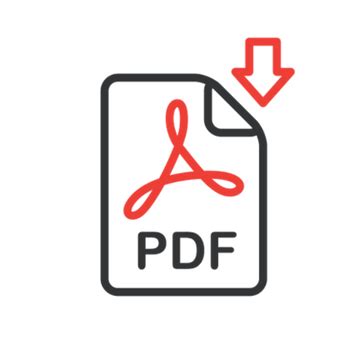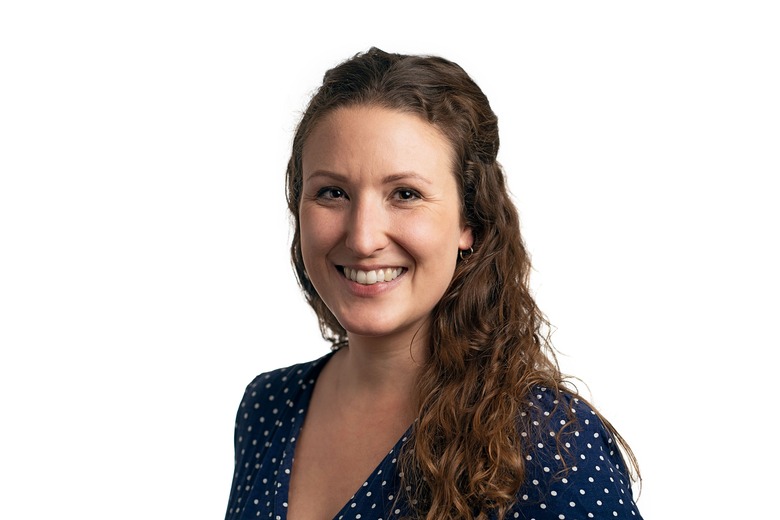Who are you and how did you decide to do an internship at Grüner Strom Label e.V.?
I am actually a student at the TH Köln and have been studying International Business there since the winter semester 2017/2018. In the course of my studies, I have noticed that a lot needs to change, especially in business. Because of this, in addition to my actual studies, I attended lectures at the University of Cologne on the topic of sustainability. This made it increasingly clear to me that I would like to do an internship with added value for society or for climate protection. After a short search, I came across Grüner Strom Label e.V.. Above all, the transparency and the goals of the association convinced me at that time.
Why don't you tell us a little bit about yourself... What does a day of an intern at Grüner Strom Label e.V. look like? Making coffee or working on useful projects?
I haven't actually touched the coffee machine since the start of the internship - I leave that to the professionals. I usually arrive at the office around 9:00 a.m. and then it's off to the desk. First I check the social media channels, then I answer emails. Throughout the day, I then complete a wide variety of tasks. This can include revising presentations, working on workshops, or creating social media content, for example. I now manage the association's Instagram channel independently - an exciting project!
How would you explain the Grüner Strom-Label and related projects to your grandmother?
In Germany, the number of green electricity providers and tariffs is rising continuously, and consumers are also becoming increasingly open to the topic. Unfortunately, green power products that do not create any added value for the energy transition also make it onto the market - the term "green power" is not legally protected. This is where the Grüner Strom-Label comes into play: The seal of approval gives consumers the opportunity to recognize which green electricity tariffs really make a contribution to the energy transition. This means that providers who want to offer one of their tariffs with the Grüner Strom-Label must commit to investing a certain fixed amount per kilowatt hour in energy transition projects. With every share of electricity that consumers then purchase, money flows directly into energy transition projects. In the past, for example, this funding has enabled photovoltaic systems to be installed on public buildings such as kindergartens and city halls.
From your point of view, how can you get involved in climate protection and the energy transition even at a young age and with a "student budget"?
The student budget shouldn't stop anyone from actively practicing climate protection - quite the opposite. I hardly spend any money on food anymore, for example, because I now buy it from food-sharing portals. Food for whose production resources have already been used can thus be saved from the dustbin for little money. The same applies to clothing and books, which can easily be found in second-hand stores, at flea markets or second-hand on the Internet. The motto is to use what's already there. That's good for the climate and your wallet.
Three months go by quickly...what happens after the internship?
My last semester in Cologne is coming up, so it will soon be back to the lecture hall or online lectures for me. However, it seems that I won't have to say goodbye to the Grüner Strom Label e.V. team for the time being. At the moment, I am planning to write my bachelor thesis at Grüner Strom-Label and to continue my work in the association as a student assistant.








